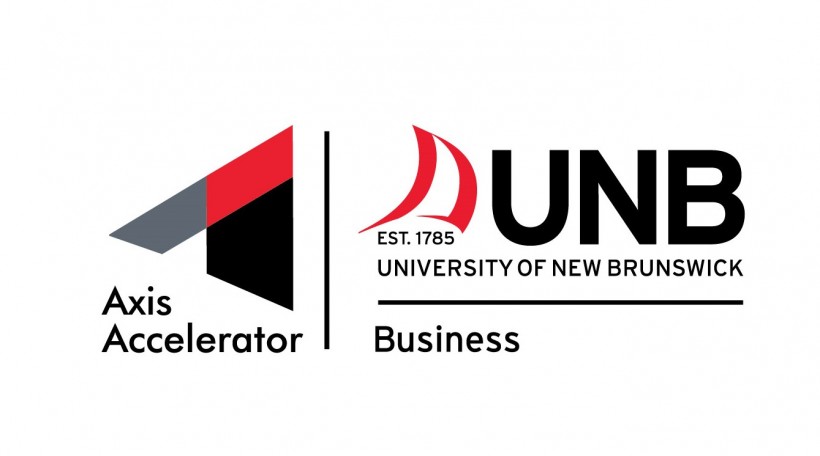Conor Daly and Kyle Gardiner produced a “Say What?” moment when they presented their company UpFront at the LaunchPad Dal Demo Day last month and said they were planning an ICO.
The Dalhousie business students said they weren’t seeking equity investment for the company, which uses blockchain to stop scalpers from jacking up ticket prices. They plan to finance it through an Initial Coin Offering in the autumn.
ICOs have been in the news recently but it was the first time I’d heard of an Atlantic Canadian company proposing one. To understand what it means, we’ll have to explain the whole craze of blockchain, cryptocurrencies and the evolving regulatory environment surrounding ICOs.
Blockchain is the technology that allows the issue of bitcoin and other cryptocurrencies — digital currencies that are “mined” over time as specialists unlock the encryption on this electronic money. Blockchain is a series of ledgers in which cryptocurrency transactions can be recorded.
Because these ledgers are permanent and open, startups are finding a range of new uses for blockchain, such as state-of-the-art identity systems.
UpFront, for example, plans to use blockchain in a ticket management system for concerts. Daly and Gardiner want to use blockchain to create an identity for each concertgoer, and the ticket would be added to a digital wallet attached to that identity.
“Since the ticket can only exist on our platform, the promoter could place a price ceiling on the ticket,” said Daly. Adios price-gouging by scalpers. Over time, UpFront would provide promoters invaluable data about their audience.
To finance the development of the system, the two Dal students are considering an ICO — a financing technique that blockchain-based companies around the world have used to raise more than $1 billion already in 2017. An ICO, or token sale, is a crowdfunding campaign in which people subscribe to cryptocurrency that a company will produce using its blockchain over time. Subscribers pay now for the right to own the cryptocurrency when it is mined. Some companies will mine their own currency, or tokens, which would include features that enhance the interaction between the company and its clients.
Braveno Plans a Blockchain-based Financial Exchange
Given the millions of dollars being raised by each ICO, there are a couple of blockchain-based startups in the region considering such a move. There’s UpFront and also Hypergive, a Halifax company whose blockchain-based system will improve the way people make donations to the homeless.
“With the raising environment so hot right now in this space, if you have a venture for which it makes sense to raise via a token sale, the question becomes, why wouldn’t you?” said Hypergive co-founder Scott Burke. “The key things to navigate here are the structure of your sale and evolving guidance from securities regulators, and any emerging determinations on what is classified as a security.”
That’s the rub right now. Regulators everywhere are wondering what to make of ICOs, and whether these companies are selling something they produce (a currency, which does not require regulation) or a company security or derivative, which would require regulation.
Last month, the Securities and Securities Commission in the U.S. ruled that several digital tokens should fall under securities rules, and the Ontario Securities Commission in March warned blockchain businesses that their offerings may have to be regulated.
The Nova Scotia Securities Commission says each ICO has to be assessed individually to see if the thing being offered could be considered a security or a derivative.
“There are no rules or regulations specifically addressing ICOs, however anyone developing an ICO must abide by the Nova Scotia Securities Act if their ICO is deemed to involve a security or derivative,” said NSSC spokesman David Harrison in an email.
“Not all ICOs necessarily involve securities or derivatives and those that do not would not fall under the NSSC’s jurisdiction. Each ICO must be assessed based on its own merits to determine if it falls under the NS Securities Act.”
He added there could also be complications if regulators decide that the trading of the tokens is something that falls under their jurisdiction.










